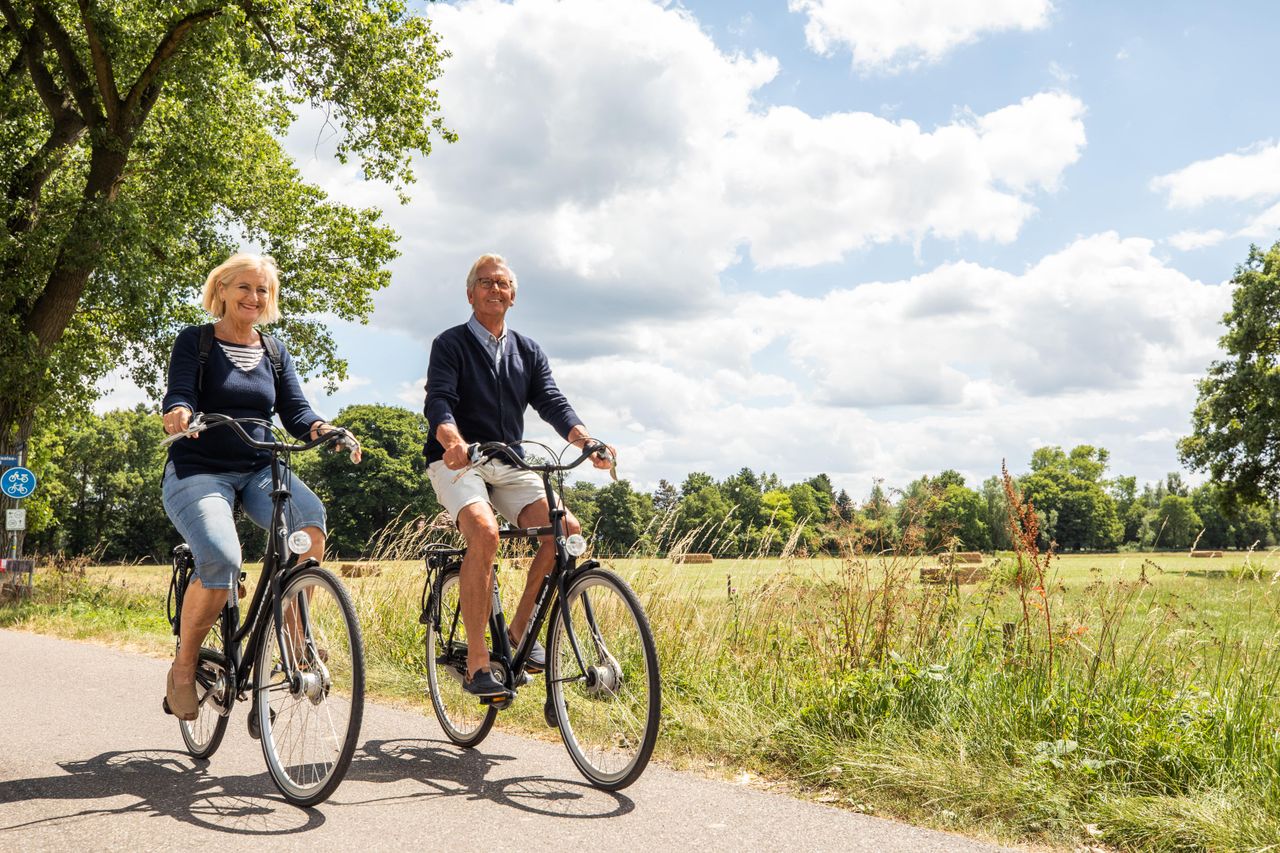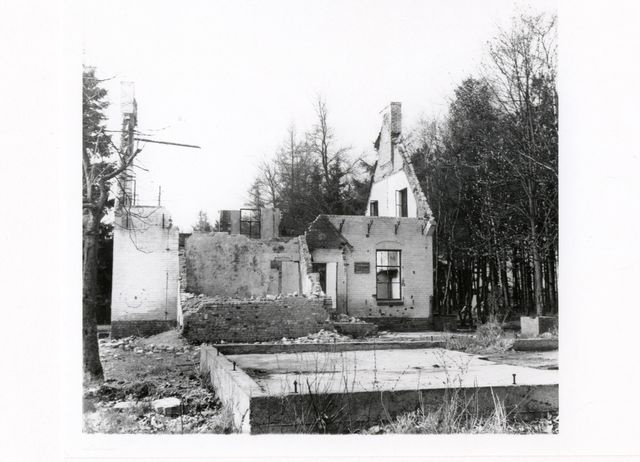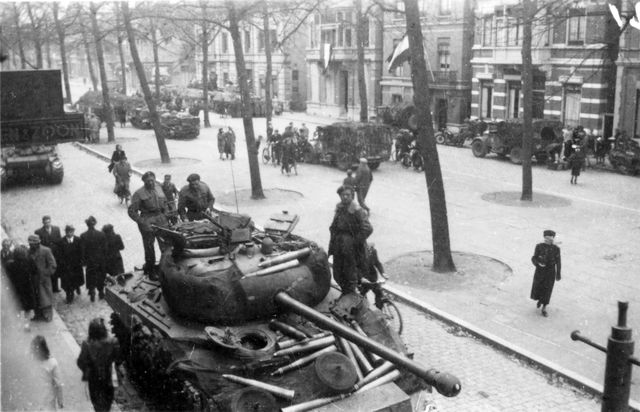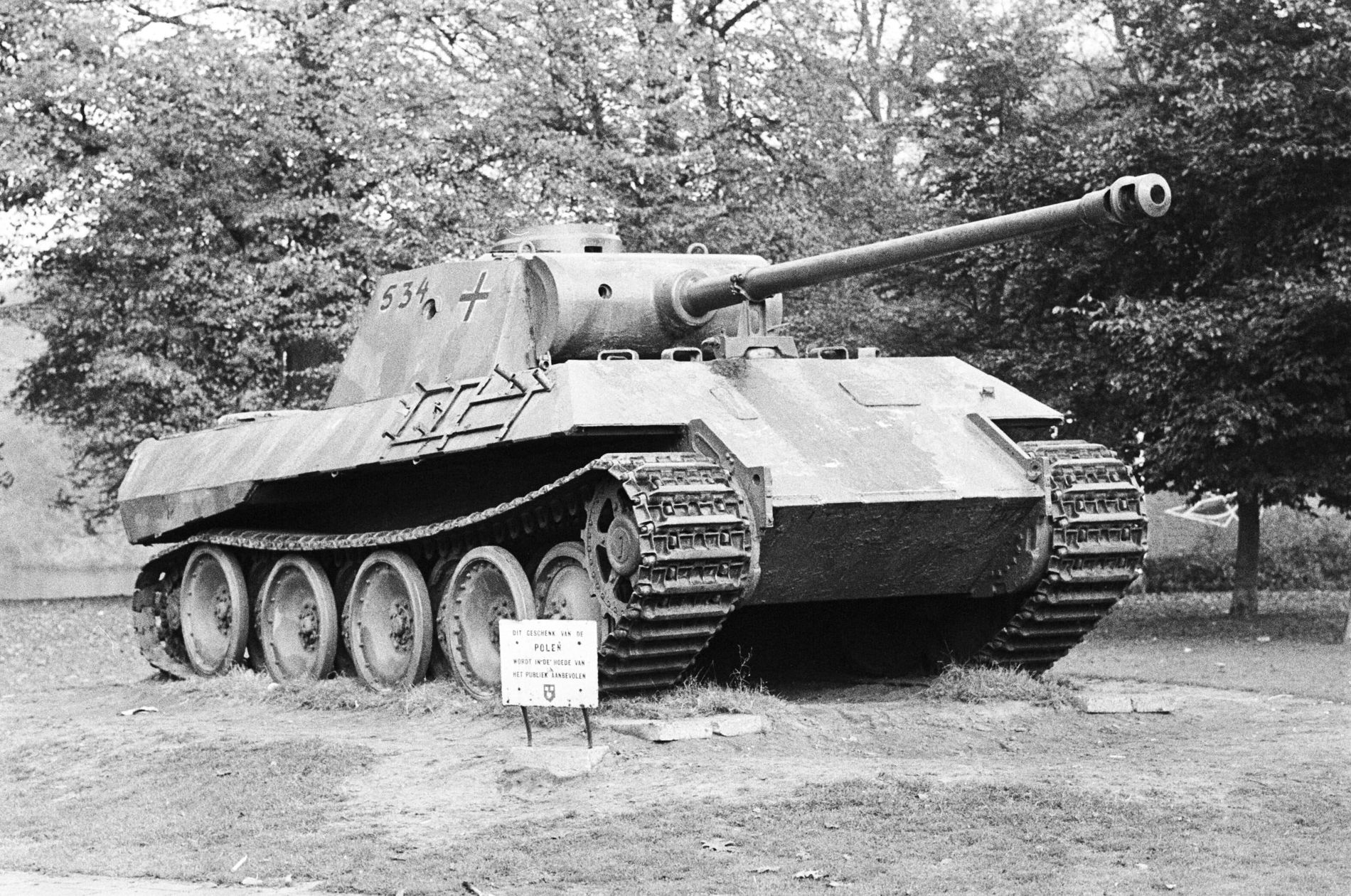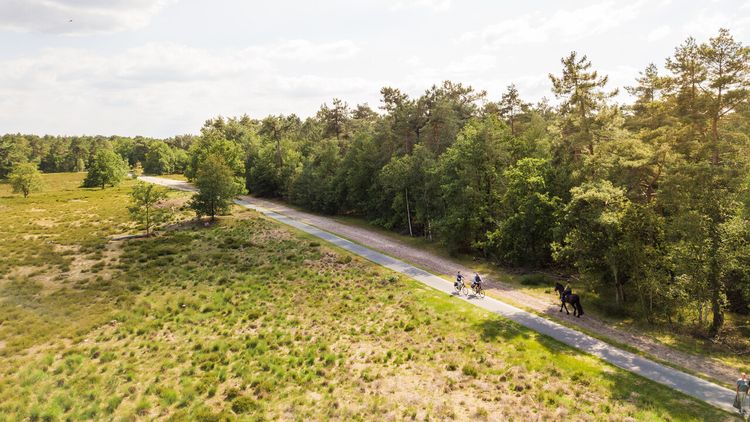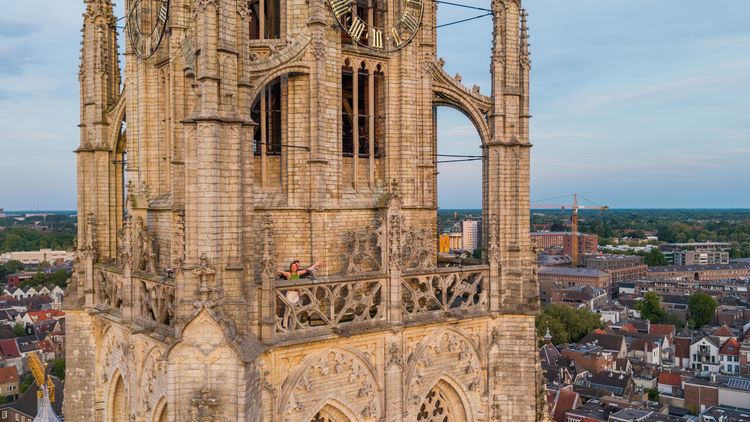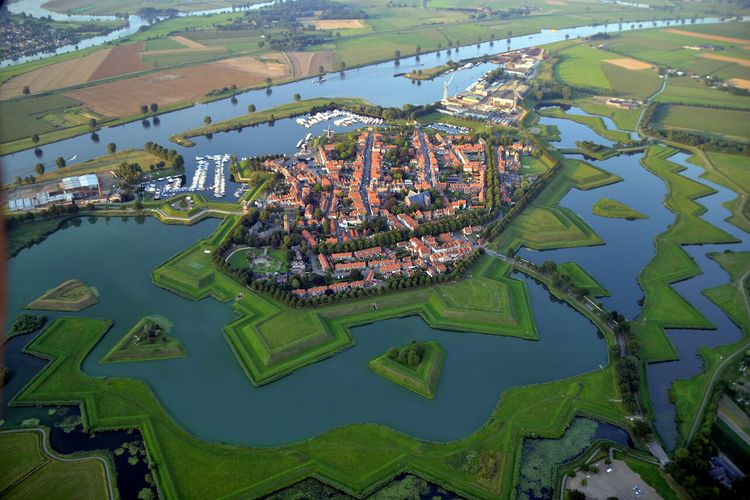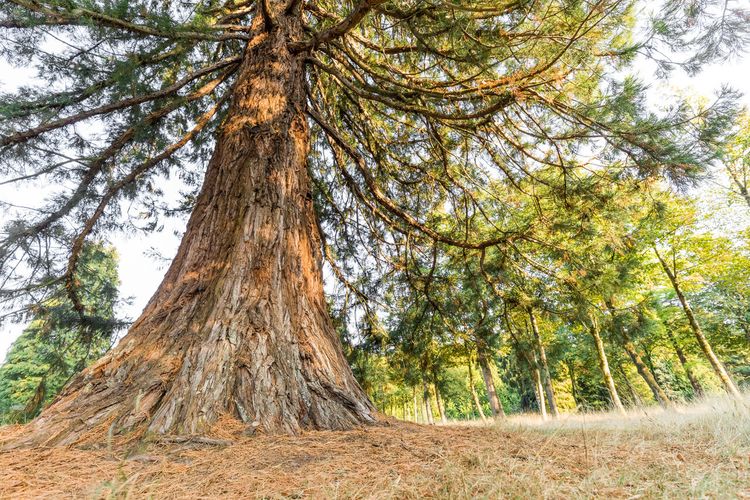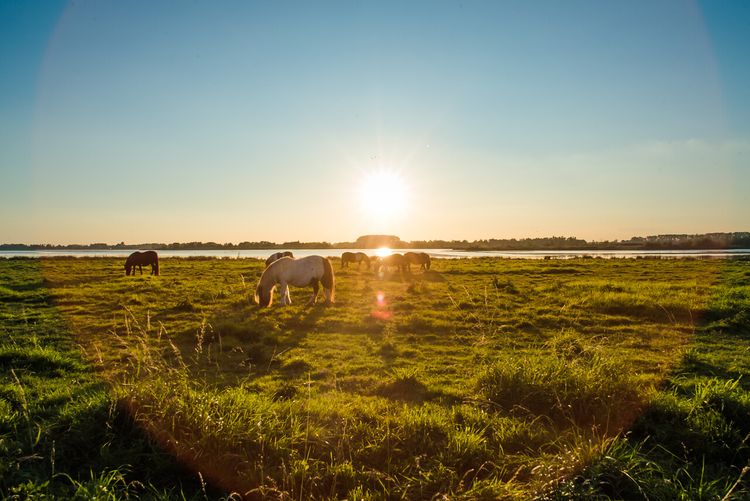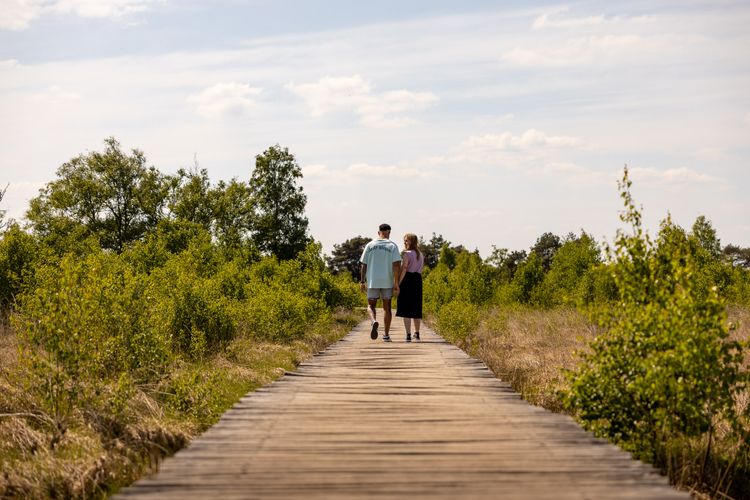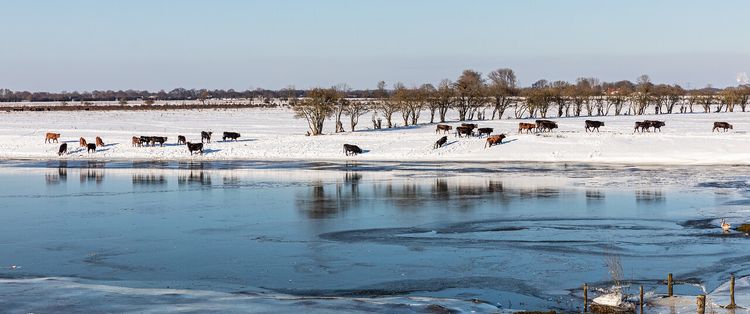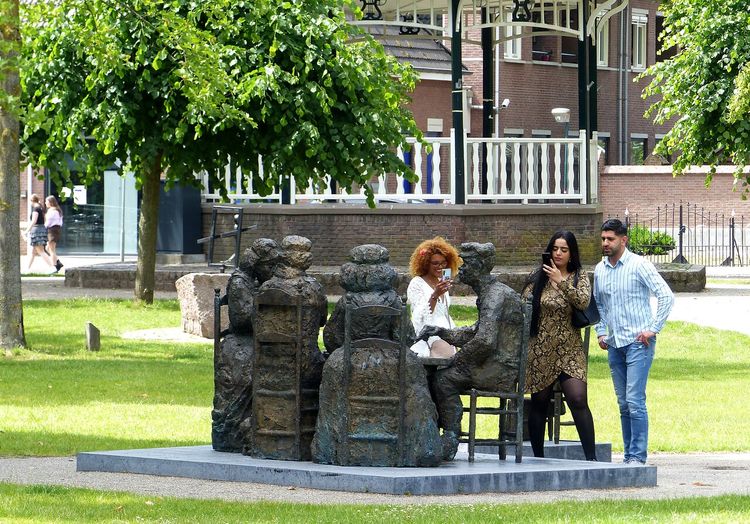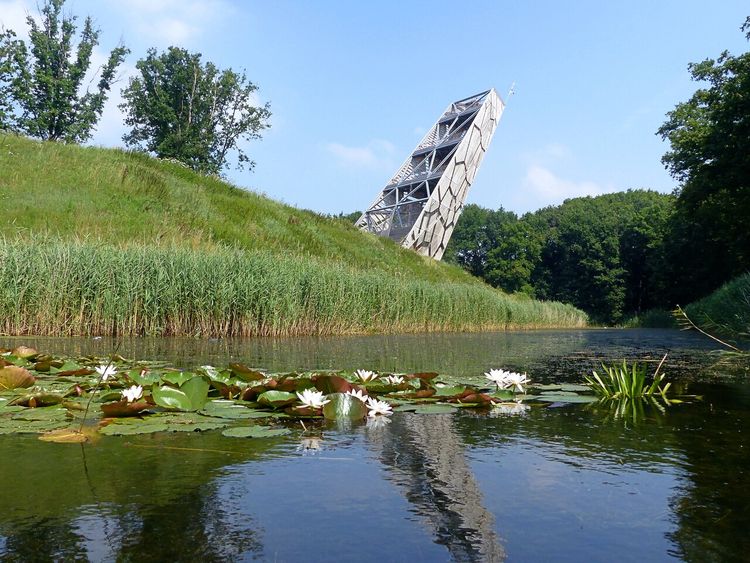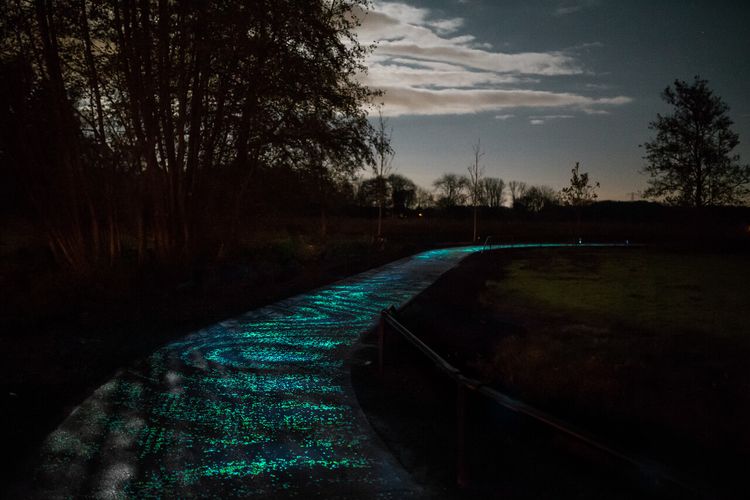Liberation route Breda
This route in and around Breda shows the victory march of the Poles. In 1944, under the leadership of General Maczek, they liberated the city. Thanks to Maczek's insight, a large part of the city was spared.
Starting point: from your location
Show all 4 photos
This route in and around Breda shows the victory march of the Poles. In 1944, under the leadership of General Maczek, they liberated the city. Thanks to Maczek's insight, a large part of the city was spared. Even so, for the residents and those who live nearby, there's enough suffering to commemorate. From the drama in the woods, because the war lasted a few weeks too long for some, to the door-to-door fighting. On 5th September 1944, 'Dolle Dinsdag' ('Mad Tuesday') happened, as the end of the Second World War was (mistakenly) announced. The wheels of the resistance started turning. In silence of course, but how long can you keep that up?
The Liberation Route Brabant tells the story of the liber…
This route in and around Breda shows the victory march of the Poles. In 1944, under the leadership of General Maczek, they liberated the city. Thanks to Maczek's insight, a large part of the city was spared. Even so, for the residents and those who live nearby, there's enough suffering to commemorate. From the drama in the woods, because the war lasted a few weeks too long for some, to the door-to-door fighting. On 5th September 1944, 'Dolle Dinsdag' ('Mad Tuesday') happened, as the end of the Second World War was (mistakenly) announced. The wheels of the resistance started turning. In silence of course, but how long can you keep that up?
The Liberation Route Brabant tells the story of the liberation, but also shows what the Second World War was like for ordinary people who lived in Brabant at the time. Eight cycling routes, spread across North Brabant, lead you past the Brabant Remembers stories, the Liberation Route Europe audio columns, monuments and museums. Together they make the impact of the war on North Brabant clear, even all these years later.
-
Signage Liberation Route Brabant
Follow the signs with 'Liberation Route'. These are hung below the regular junction signs.
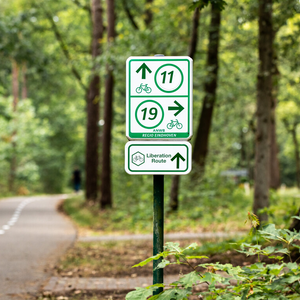
Signage Liberation Route Brabant
Follow the signs with 'Liberation Route'. These are hung below the regular junction signs.

-
Hotline routes
Hotline routesIf there is something wrong on the route, report it here.
Sights on this route
Starting point:
Waypoint bike 18
Rijsbergen
Navigate to starting point
Waypoint bike 18
Rijsbergen
Navigate to starting point
The Allies Are Coming... Or Are They?
September 5, 1944: Radio Oranje announces liberation. The Ordedienst prepares, but it takes weeks. The post at De Vloeiwiede is betrayed and stormed by the Germans.
Starting point:
Rijsbergen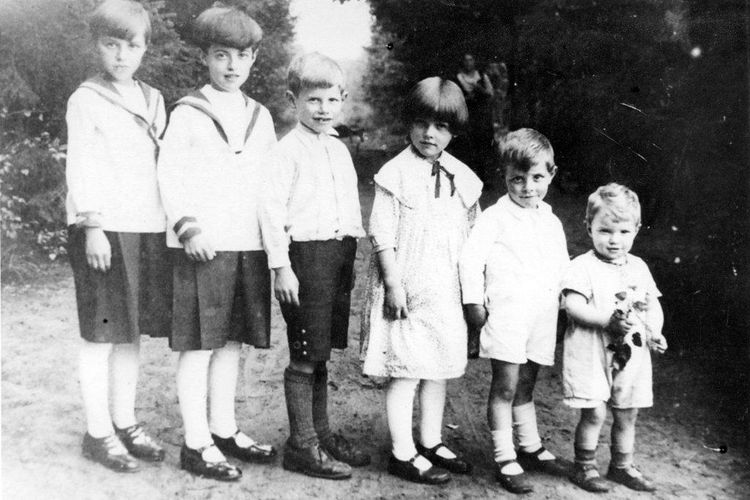
Monument Vloeiweide Rijsbergen
This monument has been built on the foundations of the forester Neefs’ house. This forester was the father of the Neefs family which featured in ‘The allies are coming... or maybe not?’ story. The monument commemorates the sacrifices that the Neefs family
Starting point:
RaamschoorsewegBreda
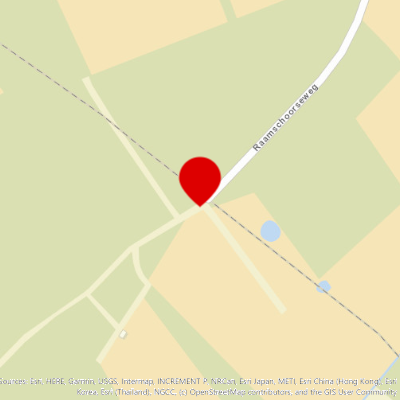
Maczek’s Honor
Stanislaw Maczek becomes commander of the 10th Motorized Cavalry Brigade of Poland in 1938 because of his military experience.
Starting point:
breda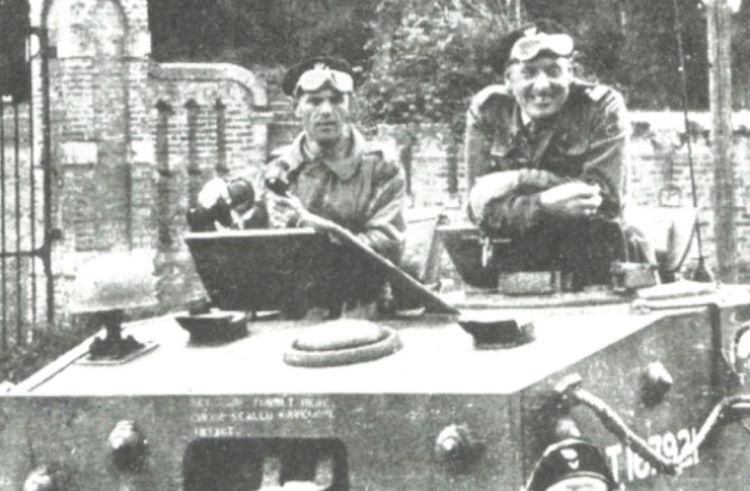
Starting point:
Ettensebaan 17a4812 XA Breda
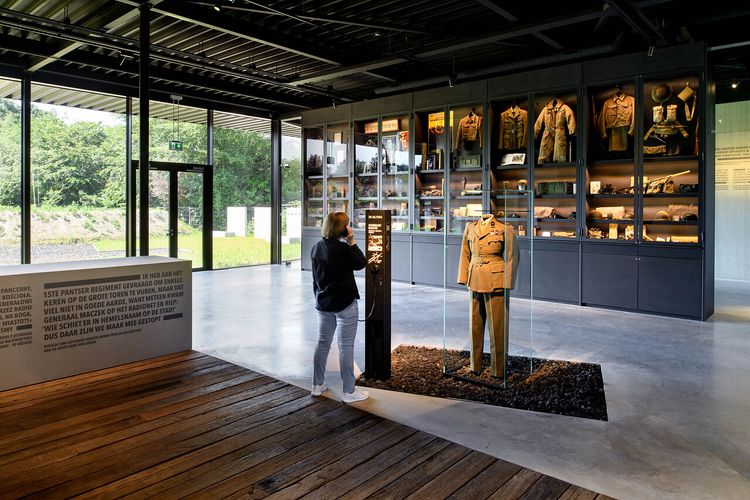
BAAI Breda
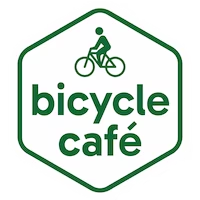
There is a beautiful terrace alongside the water at the location where the Mark river enters Breda. BAAI is the place to enjoy delicious wines and many various Breda beers. But what is most striking is how you immediately experience that wonderful holiday feeling here.
Starting point:
BAAI BredaMarkkade 1AB
4815 HJ Breda
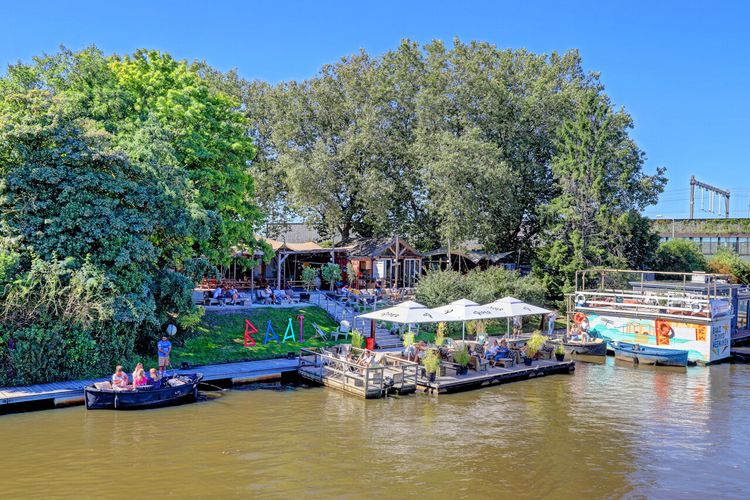
Mayday Mayday on a Day in May
On 18 May 1944, Sergeant Pilot Frans Brogtrop boards a Grumman F6F Hellcat. During a night formation training flight, things go terribly wrong.
Starting point:
Breda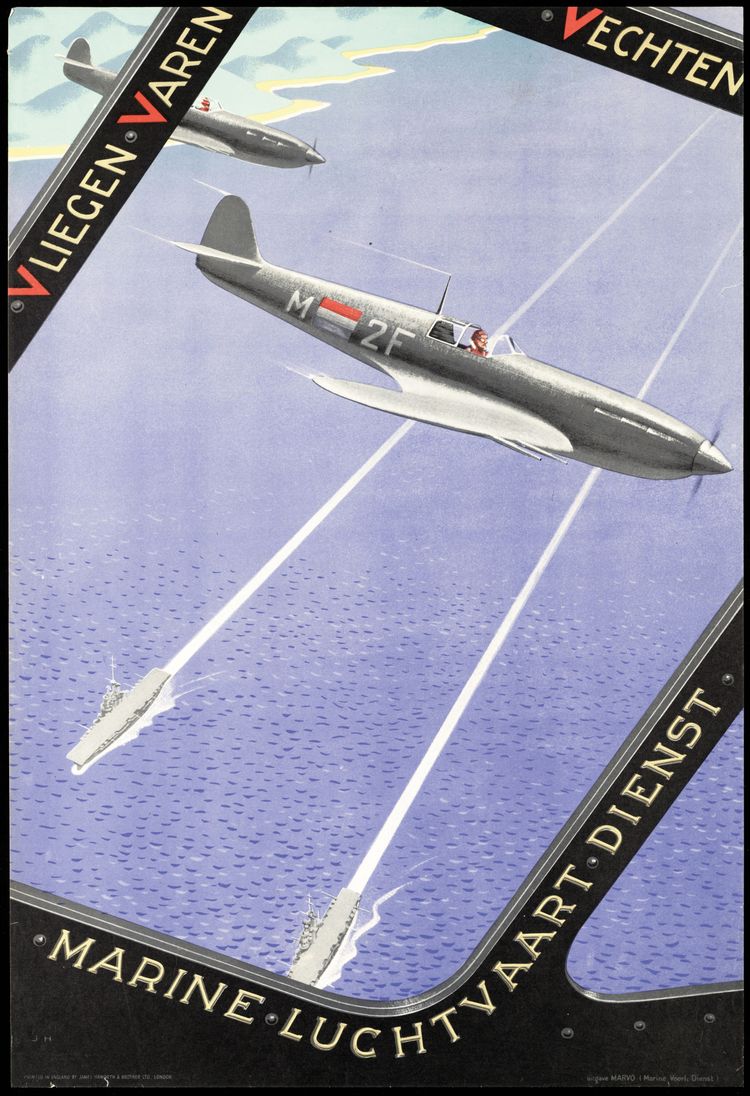
The Flight
On 10 May 1940, when the Germans invade from the east, French troops also take action.
Starting point:
breda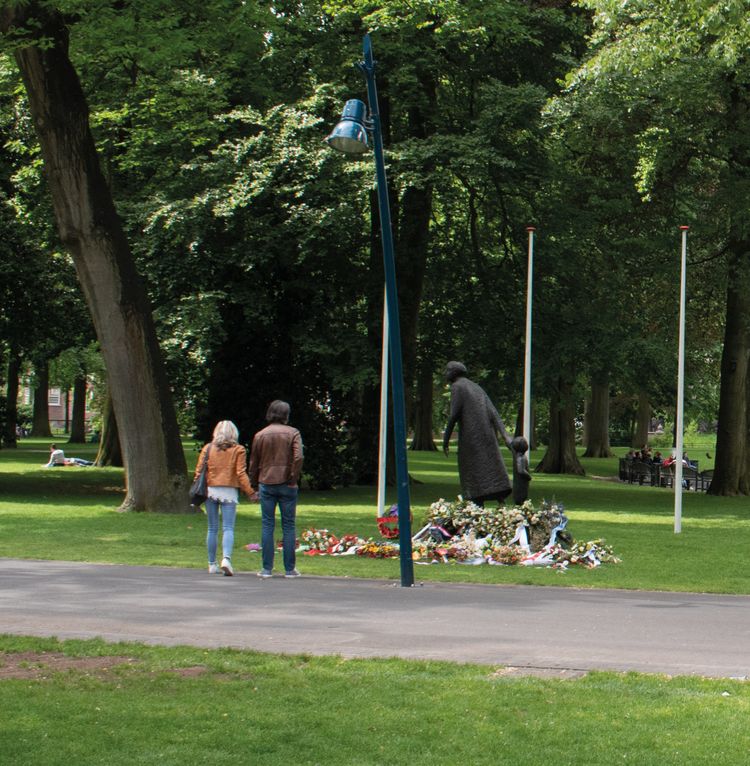
Pamięc Artwork
This piece of art was made by the Polish sculptor Tomasz Tomaszewski and bears the title Pamięc (Remembrance). The work depicts the tracks made by a Polish tank. The stone artwork has been installed in such a way that visitors can walk over it.
Starting point:
Hertog HendriklaanBreda
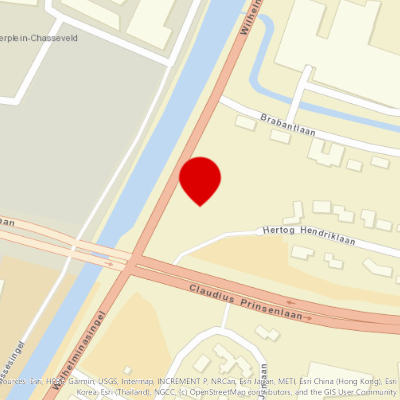
Polish Maria Chapel
The Polish Maria Chapel is a gift from Breda to the Polish community as a token of gratitude for the liberation. It was inaugurated on 31 October 1954. Inside is an icon of the Black Madonna of Częstochowa. The mosaic tiles with gemstones and gold leaf are surrounded by red and white flowers.
Starting point:
breda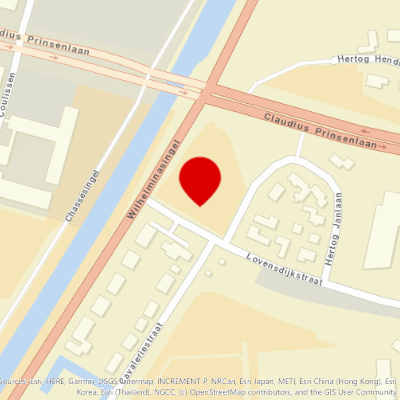
Armoured tank
The Polish liberators of Breda donated a German armoured tank to the city in 1945. The tank remained in its original condition until 2004. Since its restoration in 2004 the tank has been a wonderful monument. The tank has been given its original camouflag
Starting point:
Wilhelminapark4818 SN Breda
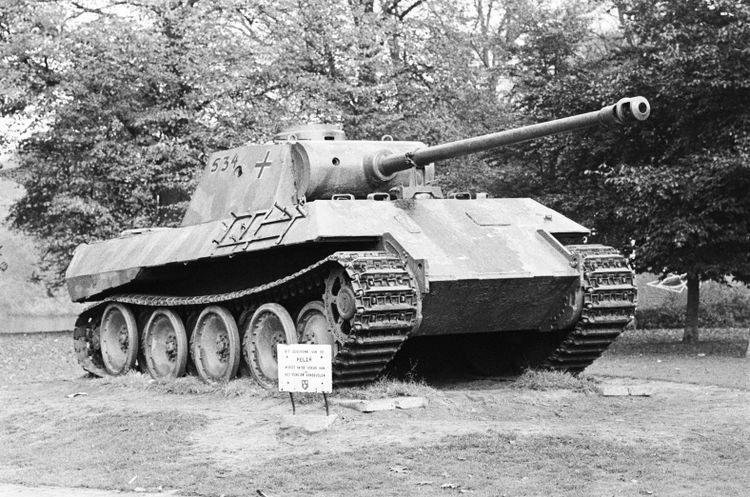
The Polish monument
De Adelaar (The Eagle) was unveiled in 1954, during the tenth anniversary of the Battle of Breda. Located in the Wilhelminapark, on the Generaal Maczekstraat, it stands on the spot where troops from the 1st Polish Armoured Division were engaged in heavy f
Starting point:
Wilhelminapark4818 SN Breda
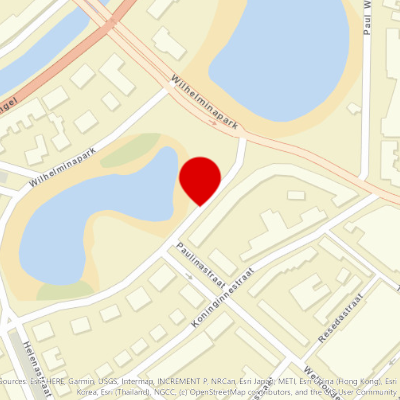
Memorial Plaque
The memorial plaque can be found at the Duivelsburg near the Marckhoek. The plaque was placed in memory of the people who died on 13 October 1944 during a failed precision bombing by the Allies.
Starting point:
duivelsbruglaanbreda
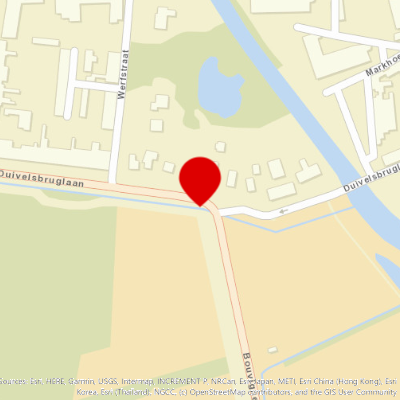
End point:
Waypoint bike 18
Rijsbergen
Navigate to endpoint
- 18
- 12
- 14
- 88
- 86
- 87
- 16
- 17
- 11
- 26
- 25
- 32
- 35
- 33
- 47
- 80
- 81
- 82
- 83
- 5
- 27
- 15
- 18
